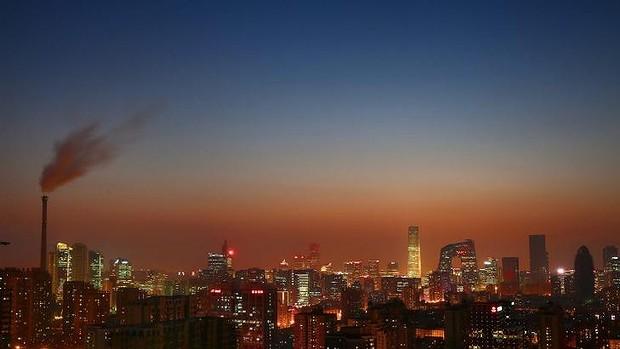BEIJING, Jan. 3 (Xinhua) -- Coal consumption in Beijing has fallen by as much as 57 percent in the past three years, as the city works to curb smog, according to the municipal environmental watchdog.
Statistics released by the municipal environmental protection bureau on Tuesday show Beijing burned less than 10 million tonnes of coal in 2016, down from 23 million tonnes in 2013.
Emissions from coal are cited as a cause of the high concentration of breathable toxic particulate matter, known as PM 2.5, which causes smog.
Beijing's 21 million inhabitants used to rely heavily on coal for electricity and winter heating. Across China, coal remains the primary source of energy.
Li Kunsheng, a municipal environment official, said the city's urban districts have completely removed coal-burning furnaces used for heating. Last year, the city ordered 424,000 old vehicles off the road and closed 335 polluting factories. More than 4,000 companies were ordered to reshuffle their production operations to meet environmental standards.
Beijing has suffered from frequent winter smog in recent years, triggering widespread public concern. Government statistics show steady drops in sulfur dioxide, nitrogen dioxide, PM 10, and even PM 2.5, but not enough to end smog for good.
The city has been under thick smog since the beginning of 2017. It is not expected to disappear until Jan. 7.




 A single purchase
A single purchase









